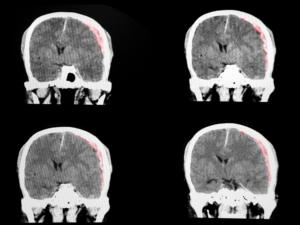Our law firm has noticed an alarmingly and rapidly growing trend in many patient charts we have reviewed: the presence of manufacturer representatives who have taken such active roles in the patient’s health care that their actions may constitute the unauthorized practice of medicine. More and more we have come across cases where the reps are actually counseling the patient on vital decisions regarding the patient’s health care and showing up in the operating room. We have even seen instances where the intra-operative notes indicate that the representative placed his or her hands on the patient during surgery. In some cases, the actions of the representative caused or contributed to the patient’s injury or death. In reviewing potential medical malpractice cases, the trial lawyer should not just consider the negligence of the traditional health care providers, but also the negligence of the manufacturer representative.
Among the types of cases in which manufacturer representatives have been sued for the unauthorized practice of medicine or negligently performing assumed duties include orthopedic spine surgeries, orthopedic prosthetic (hip and knee) surgeries, cardiac stent and pacemaker procedures, and cosmetic laser surgeries. Most of the cases in which we have seen the presence of manufacturer representatives are orthopedic cases.
Virginia Code Sections 54.1-2902 et. seq. prohibit the unauthorized practice of medicine. A patient harmed as a result of a manufacturer representative’s actions should consider bringing a suit against the representative for negligence per se in violating the aforementioned statute, as well as negligence in the discharge of duties voluntarily assumed. There may also be potential claims for breach of express warranties or implied warranties of fitness for a particular purpose. In the situation in which the rep actually places his or her hands on the patient, a count for battery may also be brought.
In Virginia, where there exists a cap on medical malpractice cases, a verdict obtained against a manufacturer representative who is not a “health care provider” as defined by the Virginia Medical Malpractice Act, seemingly may exceed the cap.
The trial lawyer handling medical malpractice cases should not overlook cases against the manufacturer representative who has engaged in the unauthorized practice of medicine.





